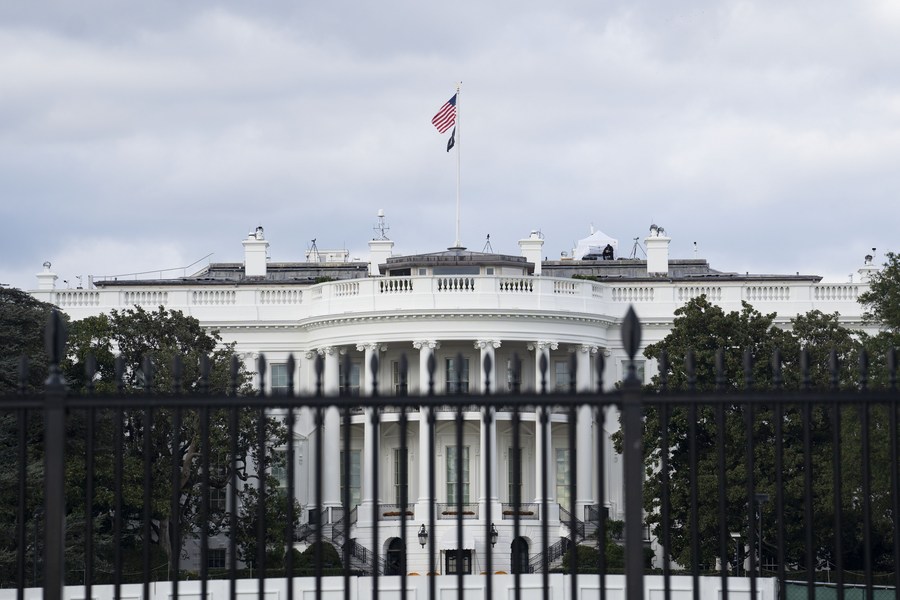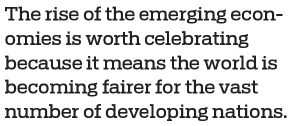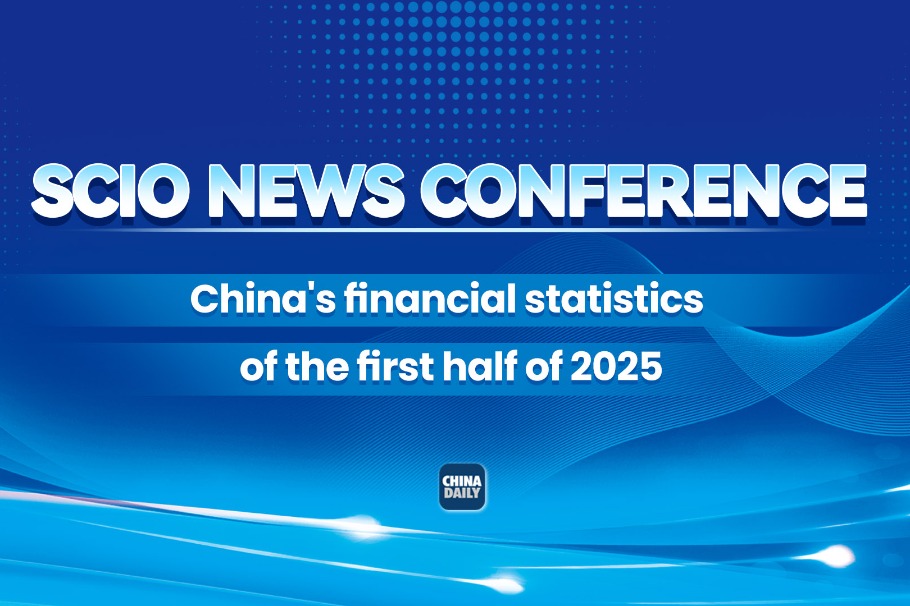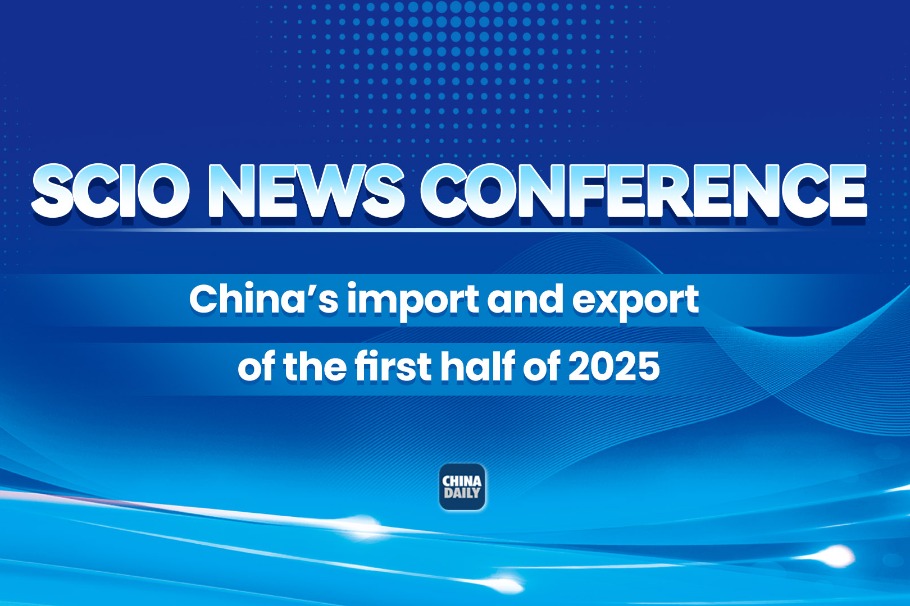Zero-sum mindset of Washington deeply troubling


During his 31 months in office, US President Joe Biden has repeatedly accused China of betting that Washington cannot keep up with Beijing and claimed that he has told Chinese leaders that it's never a good bet to bet against the United States.
Such accusations are bizarre, to say the least, because the Chinese people haven't heard their leaders saying such things about the US. As China's Ambassador to the US Xie Feng said at the recent Aspen Security Forum, China does not intend to challenge or displace any country, and instead of outcompeting others, Chinese people's focus is on "outdoing ourselves".
Chinese leaders, senior officials and lawmakers are laser focused on domestic issues and never indulge in loose talk about other countries, unlike their US counterparts.
Just last week, Biden called the Chinese economy a "ticking time bomb", but his faux pas on China's GDP growing close to 2 percent a year was quickly pointed out by Reuters, which reported that China's economy grew 4.5 percent in the first quarter of 2023 and 6.3 percent in the second quarter.
It is true that the Chinese economy is facing challenges, and growing at a slower pace. But that is because of its massive size and its switch to a high-quality, innovation-driven and sustainable development model. In its World Economic Outlook released last month, the International Monetary Fund projected that China's economy will grow 5.2 percent this year and 4.5 percent next year, compared with the 1.8 percent and 1.0 percent forecast for the US economy.
The IMF's economic outlook report was published a week before Fitch Ratings downgraded the US' long-term credit rating on Aug 2 from the top-ranked AAA to AA+, and warned of a possible downgrade of dozens of US banks, all of which would hurt Biden's approval rating which is only 44 percent while his disapproval rating is a staggering 54 percent.
So Biden's not-so unveiled attack against China could be an attempt to distract the American people from the problems his administration is facing, including the US' national debt of more than $32.66 trillion. Back in April, US House Speaker Kevin McCarthy had called the US' national debt "a ticking time bomb".
The US is still the largest economy in terms of nominal GDP. But the relative decline of the US and other G7 economies is no secret — nor is emerging economies' growing importance in the global economy a secret. As a matter of fact, PricewaterhouseCoopers has forecast that the top 10 global economies, in terms of purchasing power parity GDP, in 2050 will be in the order of China, India, the US, Indonesia, Brazil, Russia, Mexico, Japan, Germany and the United Kingdom.
Four of the top six countries are part of BRICS(Brazil, Russia, India, China and South Africa), which will hold its summit in South Africa next week. The five BRICS members' combined GDP (in PPP terms) is higher than that of the G7 nations. In fact, China's economy overtook the US in PPP terms in 2014, and is now 23 percent larger than the US' according to the IMF.
It's true that China still lags behind the US in per capita GDP terms, and that is exactly why achieving healthy growth and improving the living standards of the Chinese people have been the top priority of the Chinese government.
The rise of the emerging economies is worth celebrating because it means the world is becoming fairer for the vast number of developing nations. But since the US does not want its global dominance to be challenged, Biden has rolled out numerous measures, including his latest order to ban or restrict US investment in China's key tech sectors, in a bid to slow down China's growth.
According to the US' new playbook, Washington's relationship with Beijing is a zero-sum game. But by claiming it is in "stiff competition" with China, the US is actually attempting to sabotage China's development. Perhaps that is what prompted Harvard University scholar Joseph Nye to remind the Aspen forum that the US-China relationship doesn't have to be zero sum, a clear warning to the Biden administration to cultivate a healthy mindset in international relations.
chenweihua@chinadaily.com.cn




































